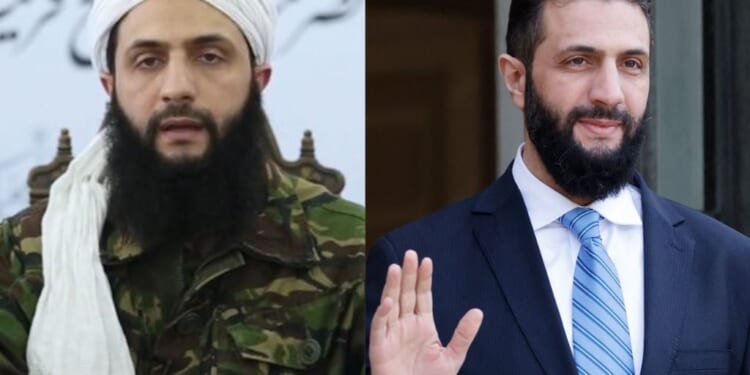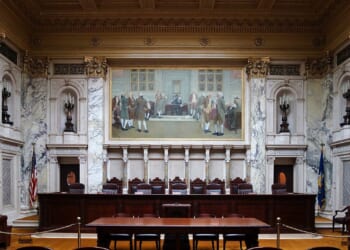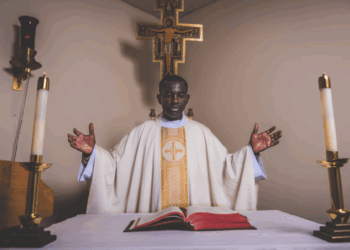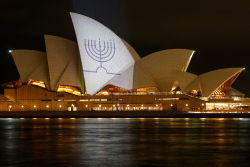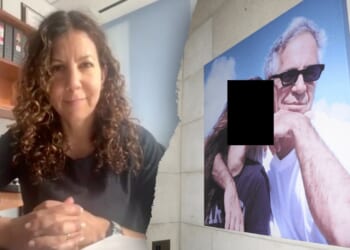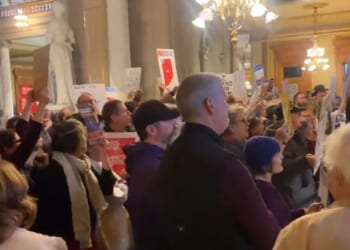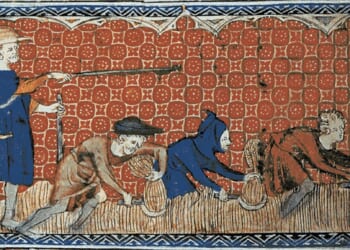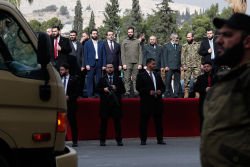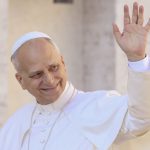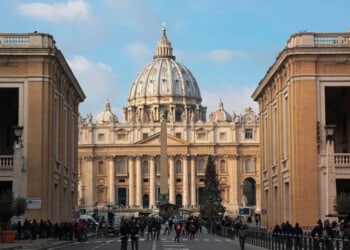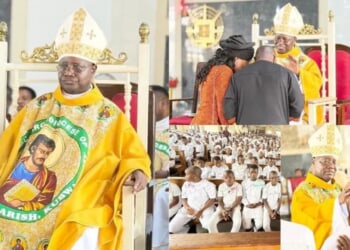Muhammad Al-Jawlani, also known as Ahmed al-Sharaa, who in 2017 was designated by the United States as one of the most dangerous jihadists with a reward of up to $10 million for his capture, recently appeared seated at the United Nations General Assembly. This image has sparked outrage and debate.
The photograph, shared on social media, shows Al-Jawlani smiling and conversing with other delegates—a chilling contrast to his past as the leader of the Al-Nusrah Front, a Syrian affiliate of Al-Qaeda.
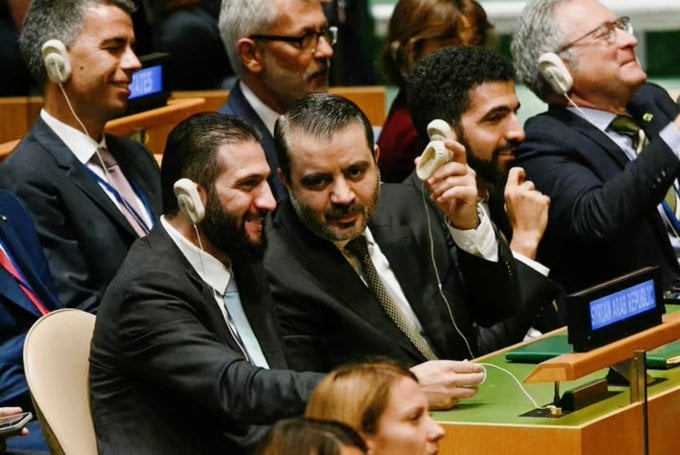

Al-Jawlani’s story begins in the shadows of the Syrian conflict. In 2013, the UN Security Council designated him a global terrorist for his role in financing, planning, and executing attacks alongside Al-Qaeda.
According to the U.S. State Department, under his leadership, Al-Nusrah carried out multiple suicide bombings in Damascus and other regions of Syria, resulting in the deaths of innocent civilians.
His name was linked to sectarian violence that contradicted the aspirations for a democratic Syria, as noted in an official 2013 report.
The U.S. State Department press release states:
Al-Jawlani is considered the leader of Al-Nusrah. He has declared in videos that his ultimate goal is the overthrow of the Syrian regime and the imposition of Islamic Sharia law across the country. Al-Jawlani was specifically tasked by Al-Qaeda in Iraq (AQI) to carry out these objectives.
Under Al-Jawlani’s leadership, the Al-Nusrah Front has conducted multiple suicide attacks throughout Syria. These attacks have primarily targeted Damascus, but the group has also struck other areas of the country. Many of these attacks have killed innocent Syrian civilians.
Operations claimed by Al-Nusrah since the group’s designation as a Foreign Terrorist Organization in December 2012 include a suicide attack on January 26, 2013, against a military base in the Syrian province of Quneitra, near the Golan Heights; a February 15, 2013, statement claiming responsibility for early February suicide attacks on regime targets in Damascus and the nearby city of Al-Shadadi; and a March 20, 2013, statement claiming responsibility for two separate suicide attacks targeting a bridge and a bunker near the city of Homs on March 6, 2013.
However, Al-Jawlani did not remain «stuck» in his extremist past. In 2016, he formally «broke» with Al-Qaeda and rebranded his group as Jabhat Fatah al-Sham, which in 2017 transformed into Hayat Tahrir al-Sham (HTS).
This rebranding was part of a strategy to gain legitimacy, culminating in December of that year when HTS, under his command, led an offensive that toppled Bashar al-Assad and seized control of Damascus, consolidating dominance over much of Syria.
This rise to power has allowed Al-Jawlani to position himself as a political leader on the international stage. His presence at the UN, just days before the anniversary of September 11—an attack in which Al-Qaeda, his former ally, played a central role—has been seen as a slap in the face to global terrorism victims.
His appearance in New York during the commemoration of the 9/11 victims heightens the perceived hypocrisy.Al-Jawlani’s transformation is not only personal but also reflects geopolitical shifts in the Middle East. His group has attempted to present itself as an alternative to the chaos of the Assad regime, yet his violent past remains a specter that cannot be ignored.
According to the UN Security Council website, his record includes recruitment and arms supply, keeping him on international sanctions lists. Nevertheless, his new role at the UN suggests that political legitimacy can be purchased with territorial power.
This case raises profound questions about the ethical standards of global institutions. Is the UN a forum for reconciliation or a stage where victors, regardless of their past, set the rules?
The image of Al-Jawlani laughing in the General Assembly, while his bloody history remains fresh in many people’s memories, serves as a reminder of how «politics» can erode the principles of justice.
About The Author

